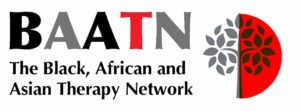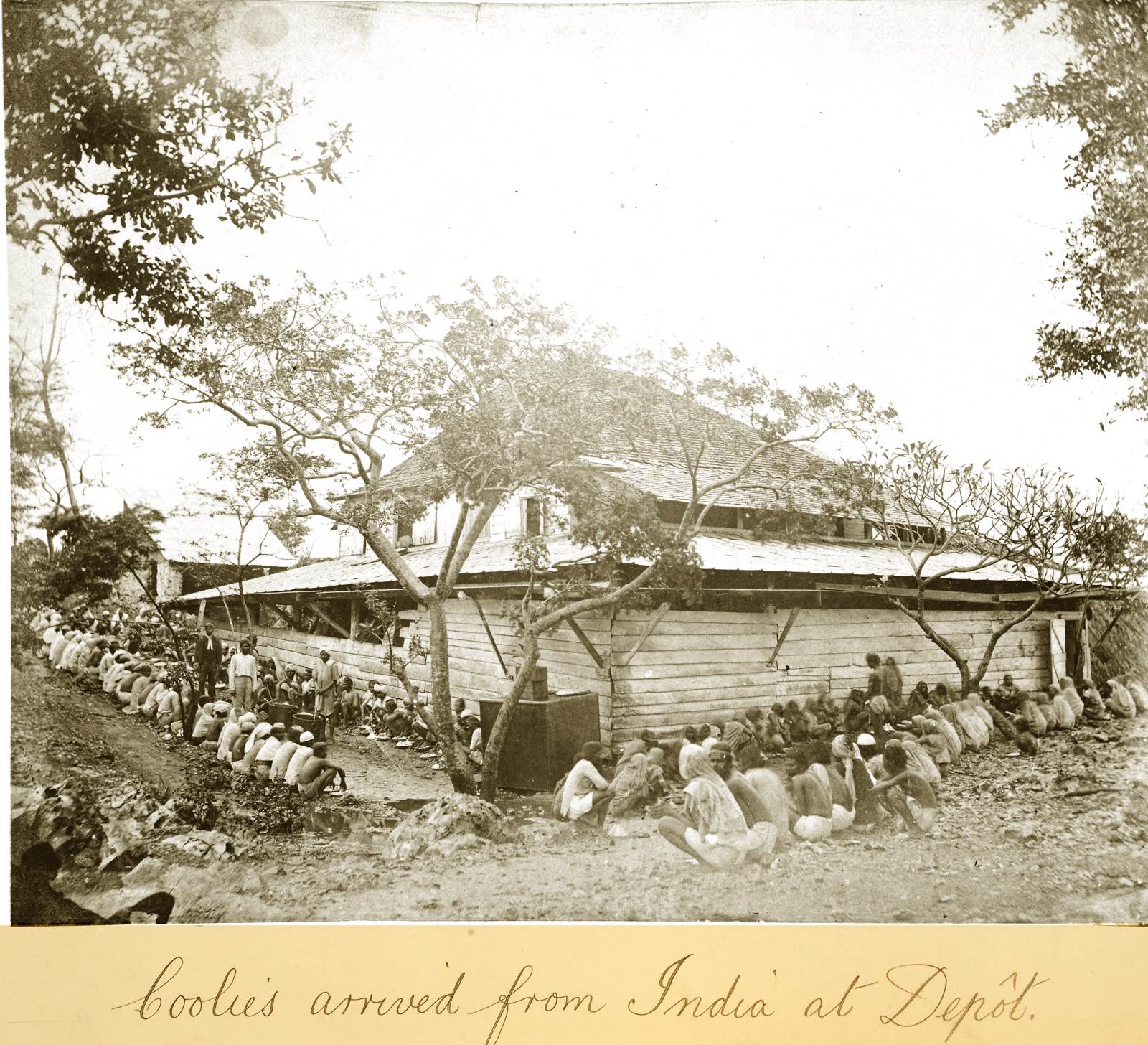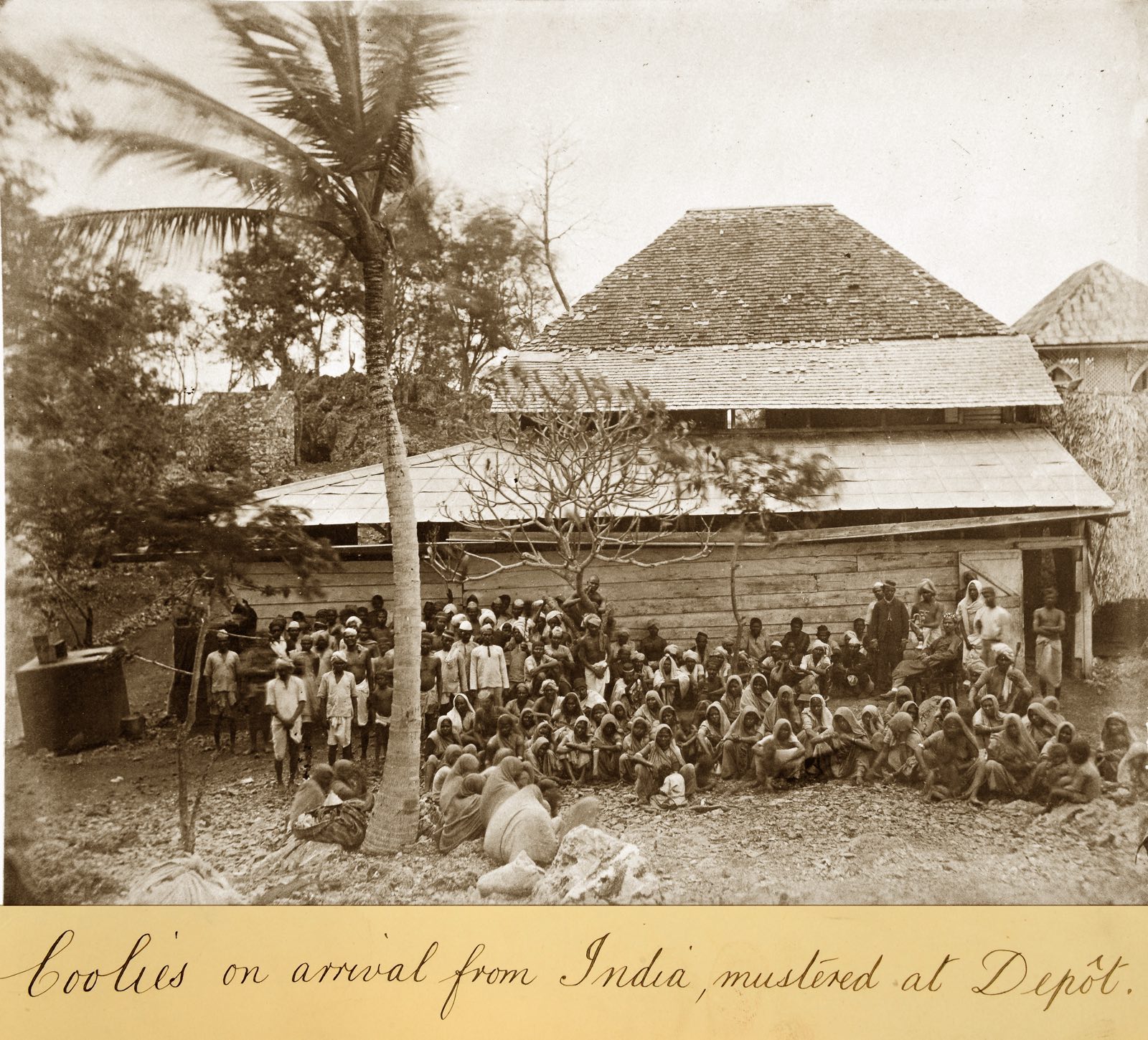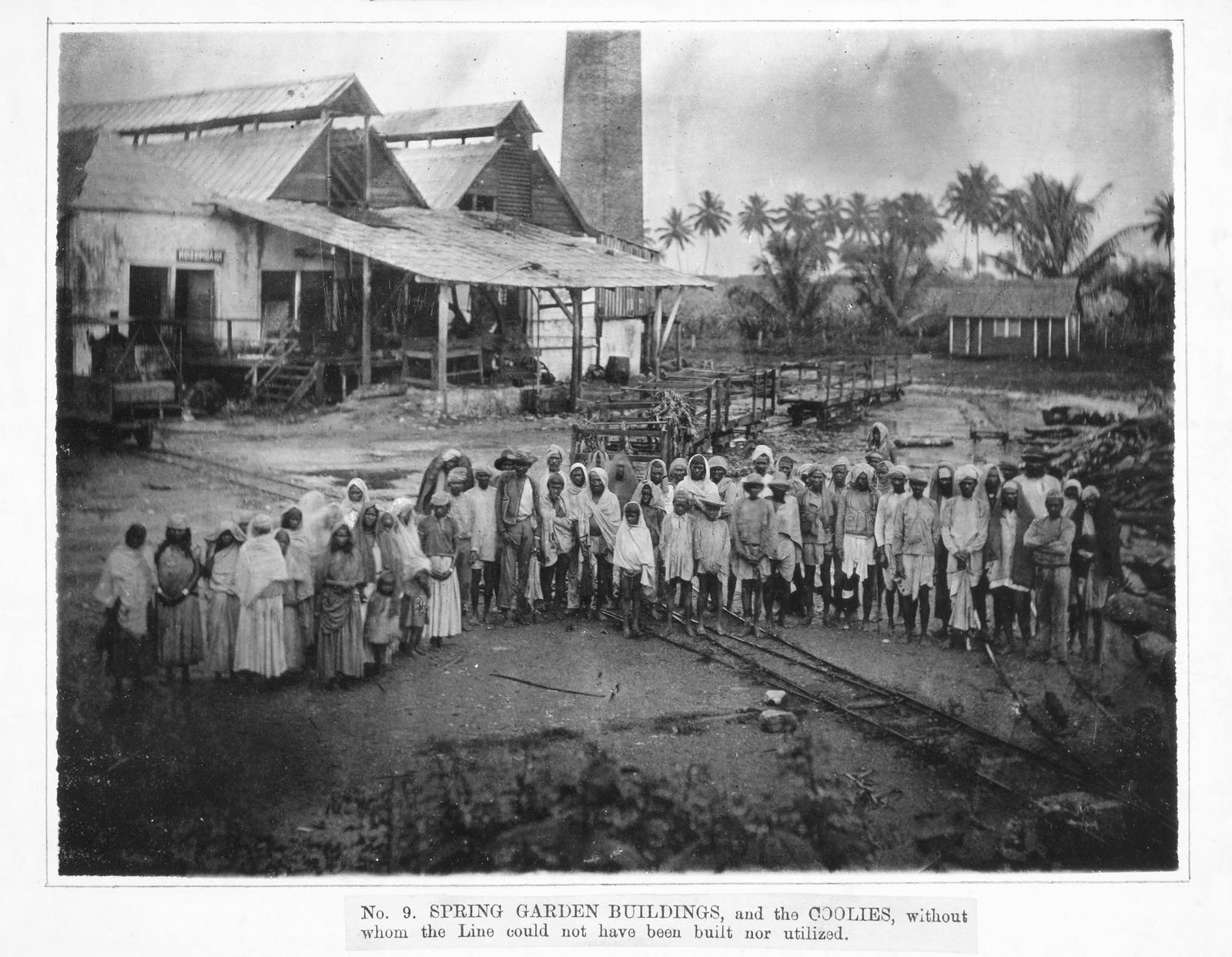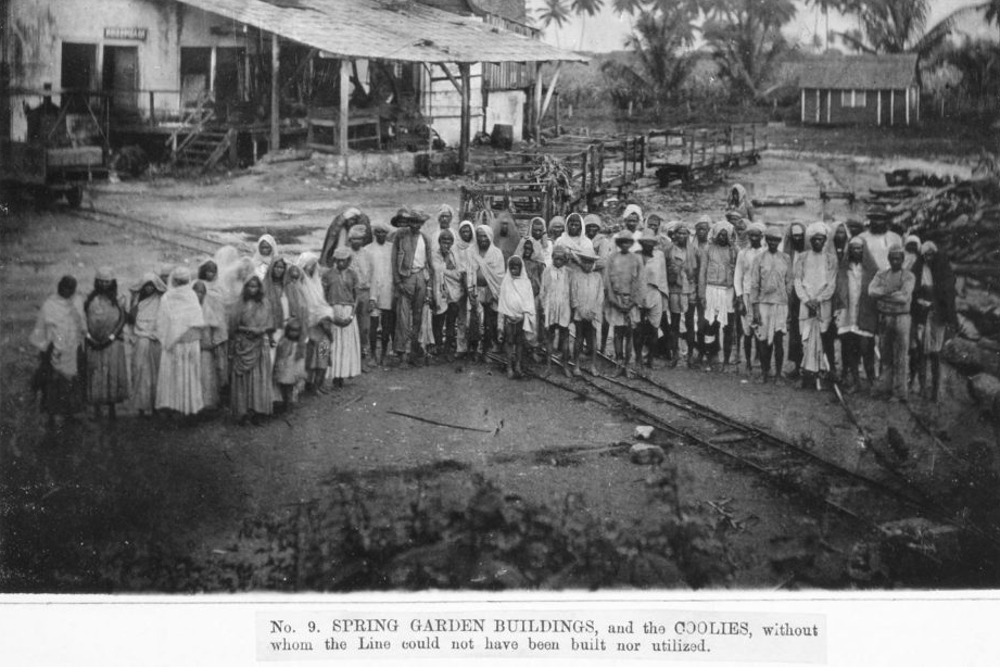
BAATN in association with
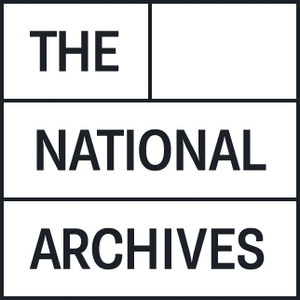
We are living through very significant times, where history is bearing down on us.
BAATN is excited to be collaborating with The National Archives again, to present a series of workshops on Indian Indentureship where we will explore themes of departure, journey and settlement using records from the archives, personal reflections, and oral testimony.
Trinidad Coolies arrived from India at depot c1890, The National Archives CO 1069/392 pt2 (14)
Trinidad Coolies arrived from India at depot c1890, The National Archives CO 1069/392 pt2 (15)
Spring Garden & Chepstow tramway, indentured labourers at Spring Garden Buildings, Portland, Jamaica 1880, The National Archives CO 137/497/29 (519)
The term ‘coolie’ was used in the past to describe Indian indentured labour and has pejorative connotations. In more recent times there has been a movement to re-appropriate the term and use it more positively.
Indian Indenture Legacy Area
This area will become a source of links and information as part of a continuing dialogue about the period of Indian Indenture and its impact on the present.
Recordings of online events
Recording of online event that took place on the 17th of October 2020
In the initial online workshop, we reflected on the story of the 83 years of Indian indentureship from 1834 to 1917. Iqbal Singh and Michael Mahoney from The National Archives Outreach Team (the official archive of the UK government) and Vidya Maharaj (BAATN member), introduced us to the topic of Indian indentureship, including by using documents stored at The National Archives. The event is hosted by BAATN director, Eugene Ellis
Recording of online event that took place on Sat, 24 Jul 2021
This second in the series, one-day workshops, was structured around departure, journey and settlement using records from the archives, personal reflections and oral testimony. The workshop was presented by Iqbal Singh of the National Archives and Vidya Maharaj (BAATN member). The event is hosted by BAATN director, Eugene Ellis
Personal Reflections
Posts of personal reflections of Indian Indentureship?
Following on from the live event on the 17th October 2020 (recording above), the invitation was sent out to post comments of your personal stories relating to Indian Indentureship, what it means for you and how it lives on in the present in your family and community.
Post a new entry below
Thank you to all the presenters.
It was really interesting doing the quiz and learning about how many people were shipped all over the world as Indurered Labourers, when and the reasons for this and the conditions they lived in. Listening to Vidya, her personal story about identity and belonging, I could really relate to this.
I was born in Guyana and lived there until I came to the UK in 1973. My mother came over in 1966, to train as a nurse, followed by 3 uncles, one cousin, all to train as nurses. As well as other relatives. Both my grandfather and grandmother worked on the sugar plantation, she as most of the women weeded the fields, clearing it for new crops. It was backbreaking work and I remembered how tired and exhausted she was when she came home ?. As children, she used to always ask us to massage her by walking on her legs, backs and shoulders.
The Indians, Blacks as other races lived in their own communities, no mixing, separate schools etc. The English lived in a gated compound with security ? guards. There was a lot of fear and prejudices about each other, as the races never met before, coming from different cultures, religion etc, I wonder how they came by the information about each other.
We were only taught about British history and some of my family were converted to Christianity and we had both Indian and English names. It's only when I came to the UK, I learnt my ancestor came from Indian, which I found out by myself as nothing was taught in school. I remembered feeling I don't know where I belong or what's my identity? Indian, Guyanese, Caribbean, British. As I have lived here longer, I feel more British but have embraced it all, as it has given me a rich cultural heritage.
Years later, I always wonder why the British didn't employ the ex-slaves but rather shipped people halfway around the world. I can guess it's because the slaves revolted and the Indians were subservient. The fact the enslaves were left with no means of earning a living to feed and look after themselves caused a lot of tension between the races and still is today, as the Indians were allowed to progress, given land to build houses, if they stayed and didn't go back to India. The Blacks were called lazy and criminalised, which is the story all over the world, after they worked for free, brutalised, abused and controlled by aggression and violence. As a child I was brought up with this saying:
If you are White, you are alright.
If you are Brown, hang around.
If you are Black, get back.
The native people never even got mentioned and were treated the worst.
The British were and still are very good at divide and rule.
Vidya's family history has many resonances, not least the interest in intergenerational trauma and epigenetics. I welcome especially, the focus on women - herstory and filling in some gaps of knowledge about these experiences, the details of which I find so important to give a fuller picture of what happened during Indian indentureship.
The National Archive presentation by Iqbal Singh and Mike Mahoney I found essential in filling in the gaps with facts, links and references. Especially as they relate to British imperialism, colonialism and racism's effects on the real lives of real people. So many parallels, similarities and variations with slavery. So much to uncover and relate to and explore.
Thank you BAATN for putting on this event and I hope this conversation continues to help open up the centuries of abuses and resistance and reveal the humanities of the Indentured and the Enslaved.
